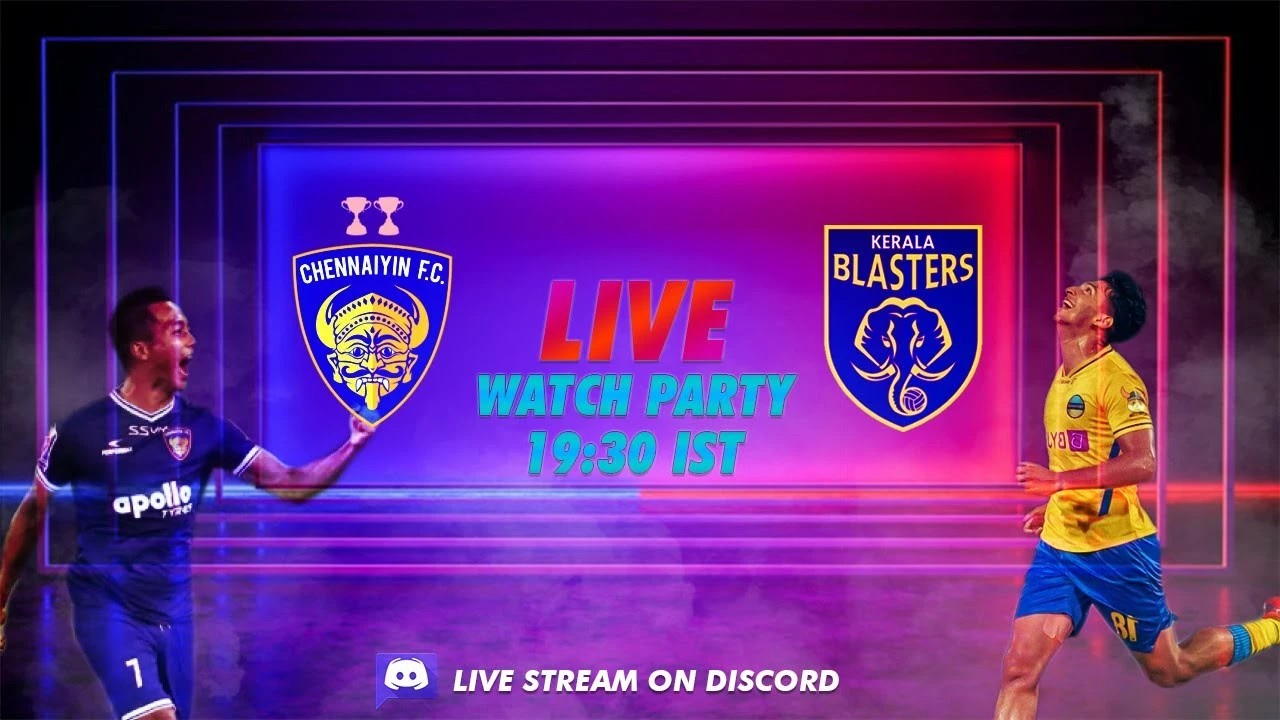Law in Sports and Beyond
Understanding law is essential for anyone who follows or works in sport. When navigating law, the set of rules that govern rights, duties, and dispute resolution in a society. Also known as legal framework, it touches every corner of the game – from the way clubs register their logos to the clauses that bind a player to a team. In practice, trademark, a protected brand sign that gives its owner exclusive use in commerce is a direct off‑shoot of law; obtaining a trademark means filing an application, waiting for examination, and possibly fighting oppositions. Likewise, a contract, a legally binding agreement that outlines each party’s obligations and remedies is built on contract law principles, so any breach can end up in a courtroom or arbitration panel. Even broader, intellectual property, the category of legal rights that protect creations of the mind such as logos, designs, and broadcasting formats governs how clubs monetize merchandise, broadcast rights, and sponsorship deals. These three pillars—trademark, contract, and intellectual property—show that law isn’t a distant concept; it’s the glue that holds the modern sports ecosystem together.
Beyond the basics, sports regulation, the body of rules set by governing entities like FIFA, UEFA, and national associations brings another layer of legal oversight. Law encompasses sports regulation, which in turn influences how player contracts are drafted, how transfer fees are reported, and how disciplinary actions are enforced. For example, a club that breaches a transfer agreement may face fines under both contract law and the relevant sports regulation code. Trademark disputes can spill into the field when two clubs claim rights to similar crest designs; the resolution relies on intellectual property law and the governing body's branding guidelines. Likewise, the recent discussion about the time it takes to secure a trademark—usually eight to ten months unless objections arise—demonstrates how procedural law directly affects a club’s branding timeline. When a club wants to protect its stadium name or a new jersey colour, it must align its strategy with both trademark law and sports regulation requirements. In short, law governs trademark registration, law influences player contracts, and sports regulation intersects with both to keep the game fair and commercially viable. Below you’ll find a mix of articles that dive into these connections, from the nitty‑gritty of trademark filing times to the real‑world impact of contract length on player stability, and even how legal frameworks shape the way fans watch old matches online.
Is it illegal to stream live football matches?

